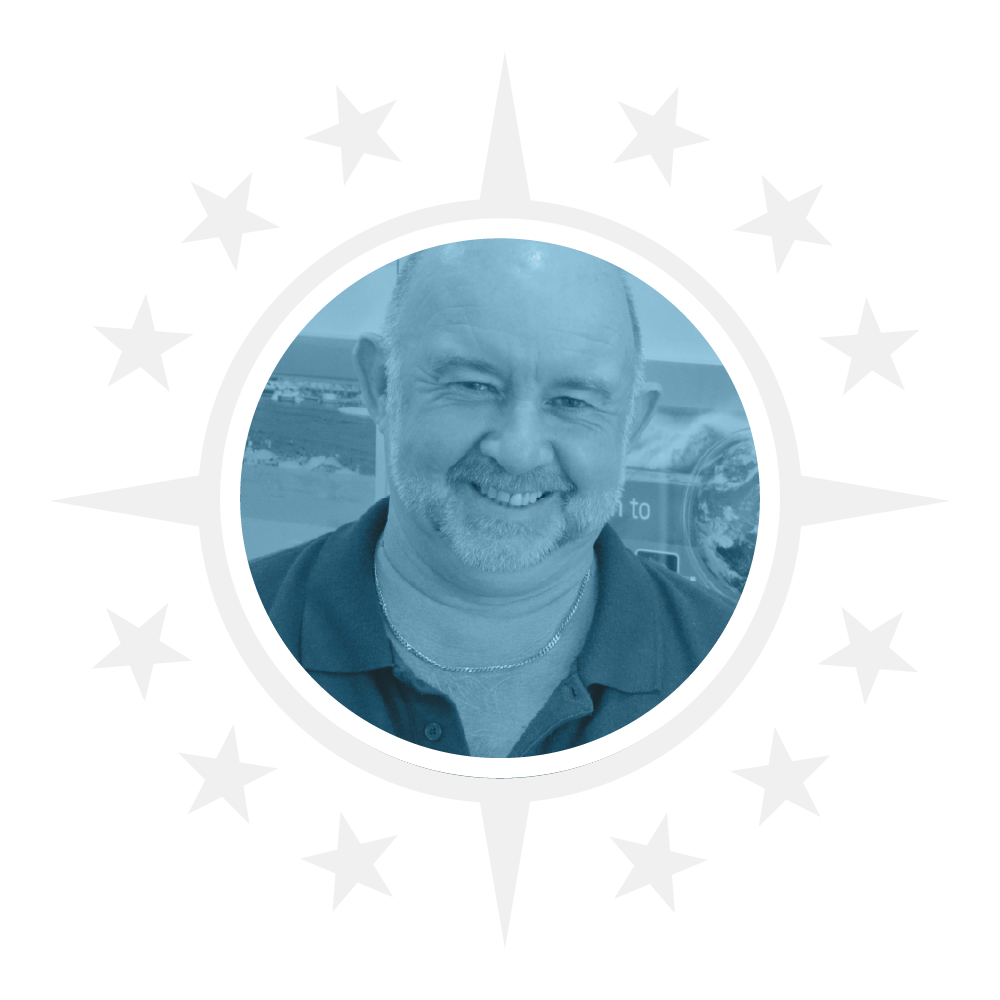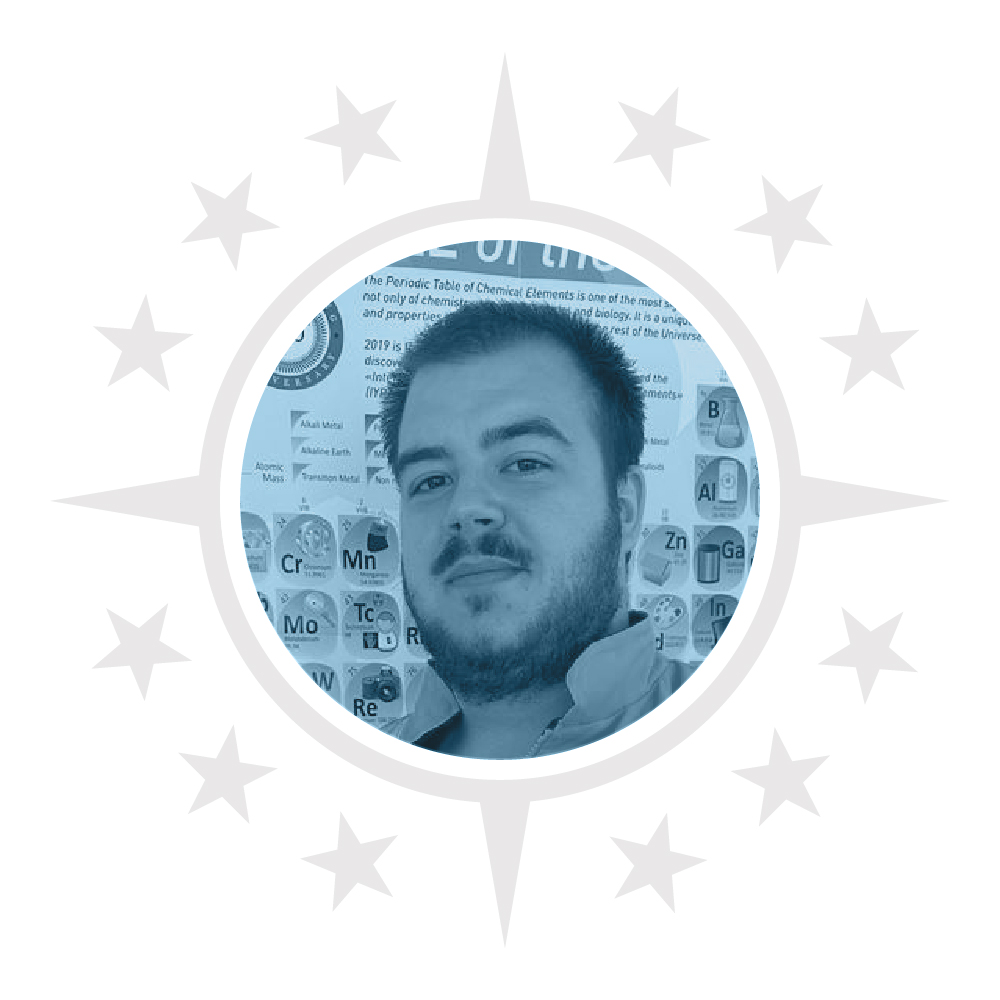By Katrin Schroeder, CNR-ISMAR | October 2, 2023
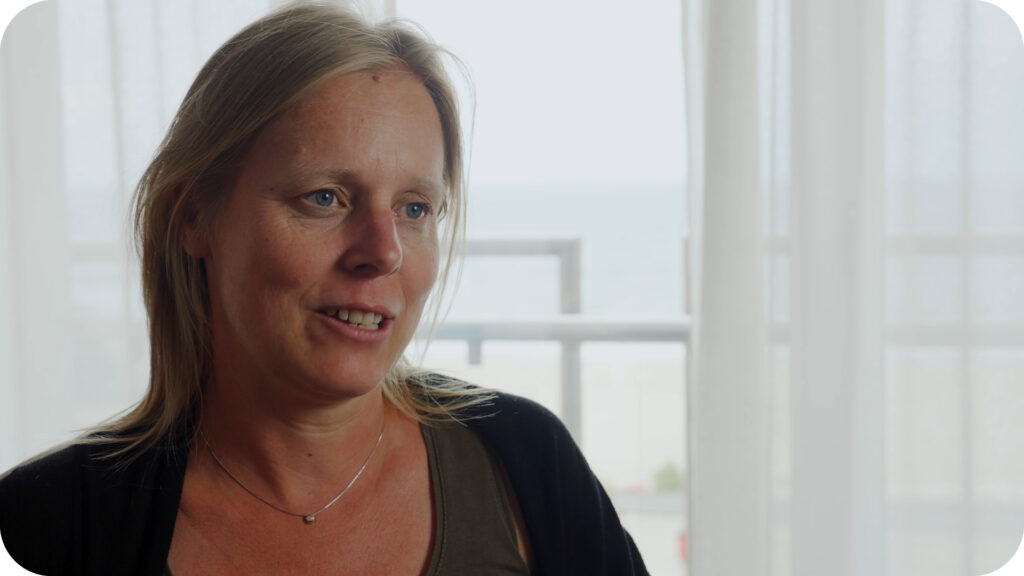
I didn’t exactly set out to be on this path. It was a stroke of luck. During my first fellowship I was asked to participate in a Carbon Flux study in the deep Mediterranean Sea, which led to a cruise on a research vessel. It was in 2004 at ENEA in La Spezia. Back then, there was no Internet on board and no phone connections, so we were really cut off from the outside world, and it was the first time I experienced being in a small, restricted space with a lot of people, over 40 people – most of whom I had never met before—for three weeks.
I learned that everything is concentrated in this encapsulated time and space, and you really cannot escape the people on the ship with you so you are going to either start loving them or, in some cases, hating them. But for me, during that first cruise, I had an amazing experience and I was struck with the realisation that this was the job, the career, I wanted. Fortunately, I’m still going to sea, still engaging with the work I love.
Currently, I work at Consiglio Nazionale delle Ricerche (CNR) in Italy, and I’m participating in the EuroGO-SHIP project, funded by Horizon EU and UKRI. In March of 2023, we conducted a pilot study on CNR’s research vessel G. Dallaporta. During the cruise, a total of 124 salinity samples were collected and distributed to three labs for analysis as part of the investigation of how different salinometers and lab conditions can affect the stability of bottle salinity measurements, and the effects of sampling inconsistencies on salinometer measurements.
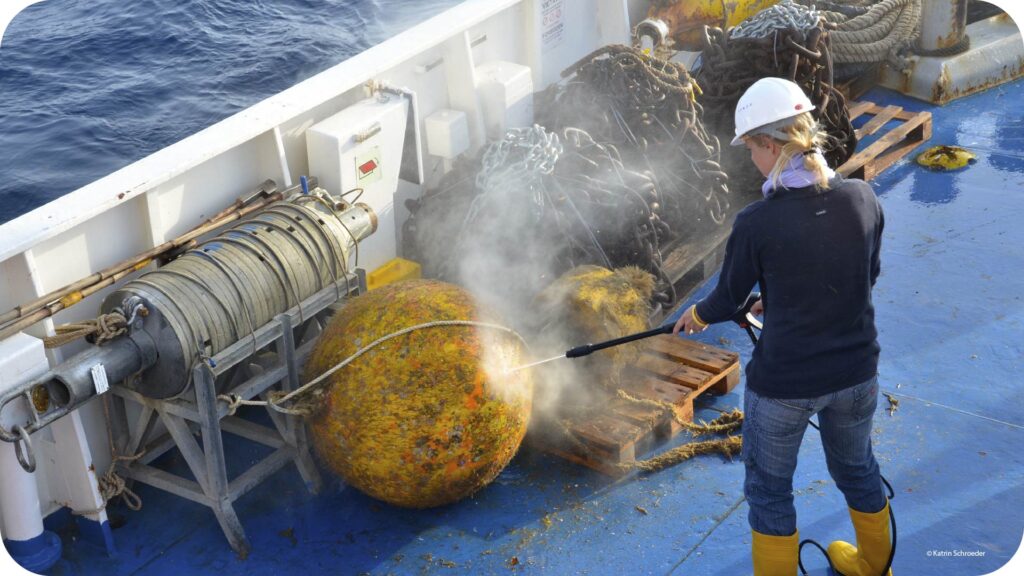
The aim of the project is to shape a new research infrastructure for ship-based hydrographers by consulting, amongst other key stakeholders, with the scientists, who are the actual data originators of Ocean measurements in European seas. On behalf of the project, I met with scientists doing hydrographic observations in the Mediterranean Sea. They shared their views, needs, and the challenges they face regarding data collection, processing, quality control, and dissemination of their measurements. Talking to them has helped me gain a deeper understanding of the diversity and complexity of hydrographic activities in the Mediterranean Sea, and this is the type of insight that will guide EuroGO-SHIP to develop improved services for my professional research community.
“For me it’s the
most beautiful job“
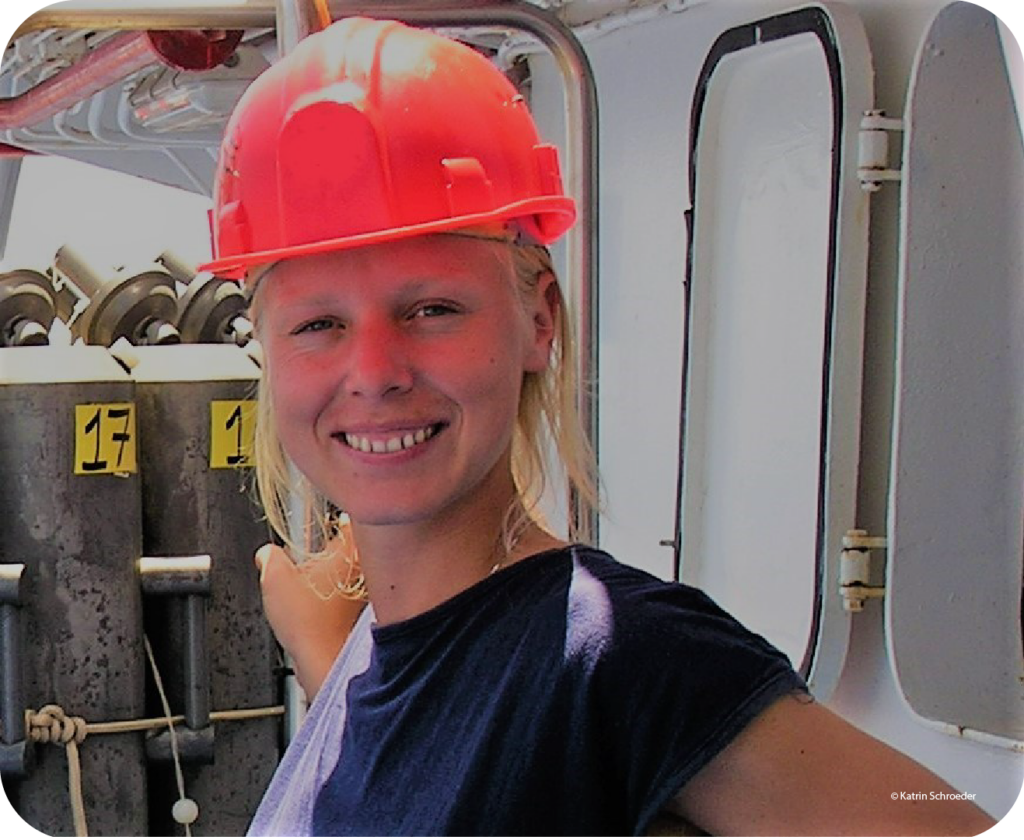
Whenever a student or early career scientists asks me about life on a research vessel, I tell them it is not for everybody. I tell them on a research cruise ship, you have to sleep when you are not sleepy and you have to eat when you’re not hungry because during the time that you would normally be doing those things, you have to work. You have to collect water samples from different depths, operate various instruments, process and analyse the data, and prepare for the next cast, among other things, all of which require skill, dedication, and flexibility; these activities are going on 24 hours a day while you’re at sea. So, we work in shifts and there’s always somebody sleeping and there’s always somebody working. It’s important to be very respectful of each other and the goals of the cruise. Life on a research vessel is not easy.
So, I tell young people who are considering a career on ships, to experience a cruise to see for themselves because you should love it, to continue to do it. For me it’s the most beautiful job. You always face new problems to solve, you always encounter new people – scientists, technicians from whom you can learn. During every cruise, I learn new things. And with each cruise, I get the opportunity to form new friendships, new collaborations on the international level, which is important as it strengthens our community, our contributions to science.
By Katrin Schroeder, CNR-ISMAR | October 2, 2023
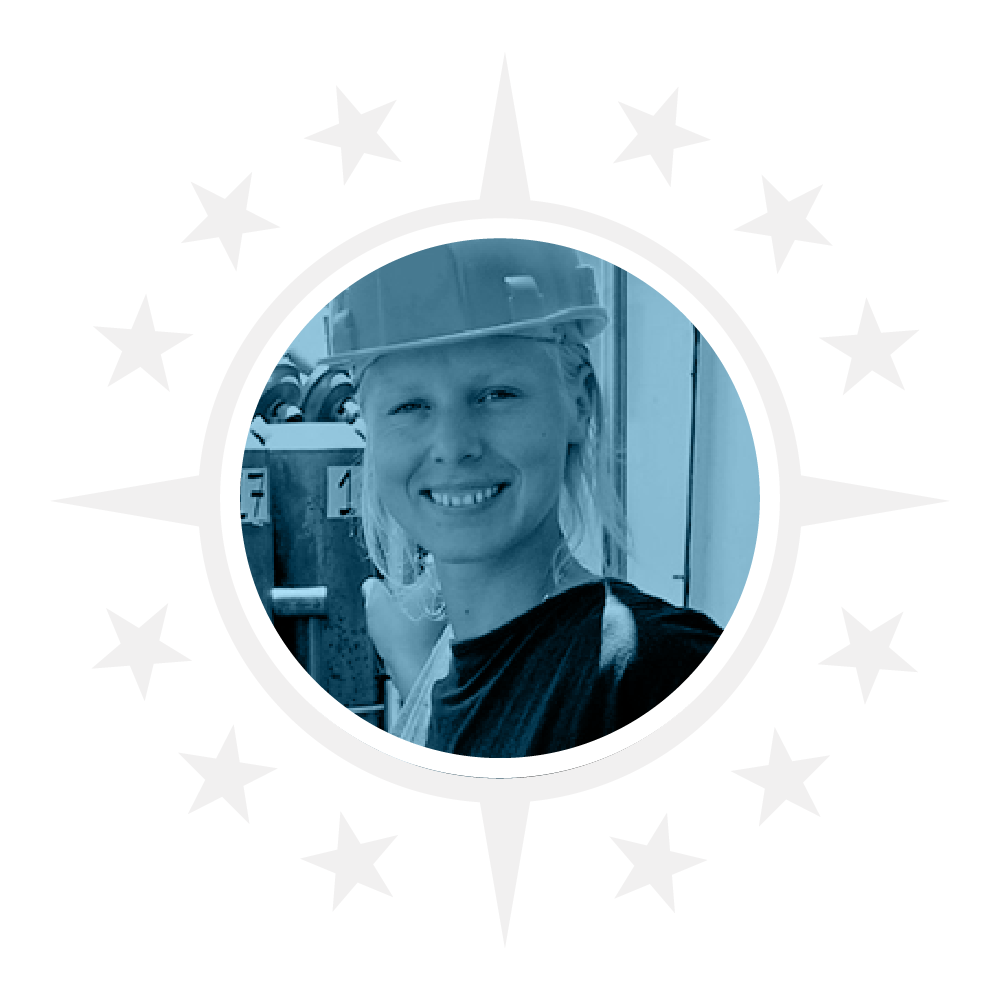
About the author
Name: Katrin Schroeder
Work Package: WP’s 1-6
Organisation: CNR-ISMAR, Italy
